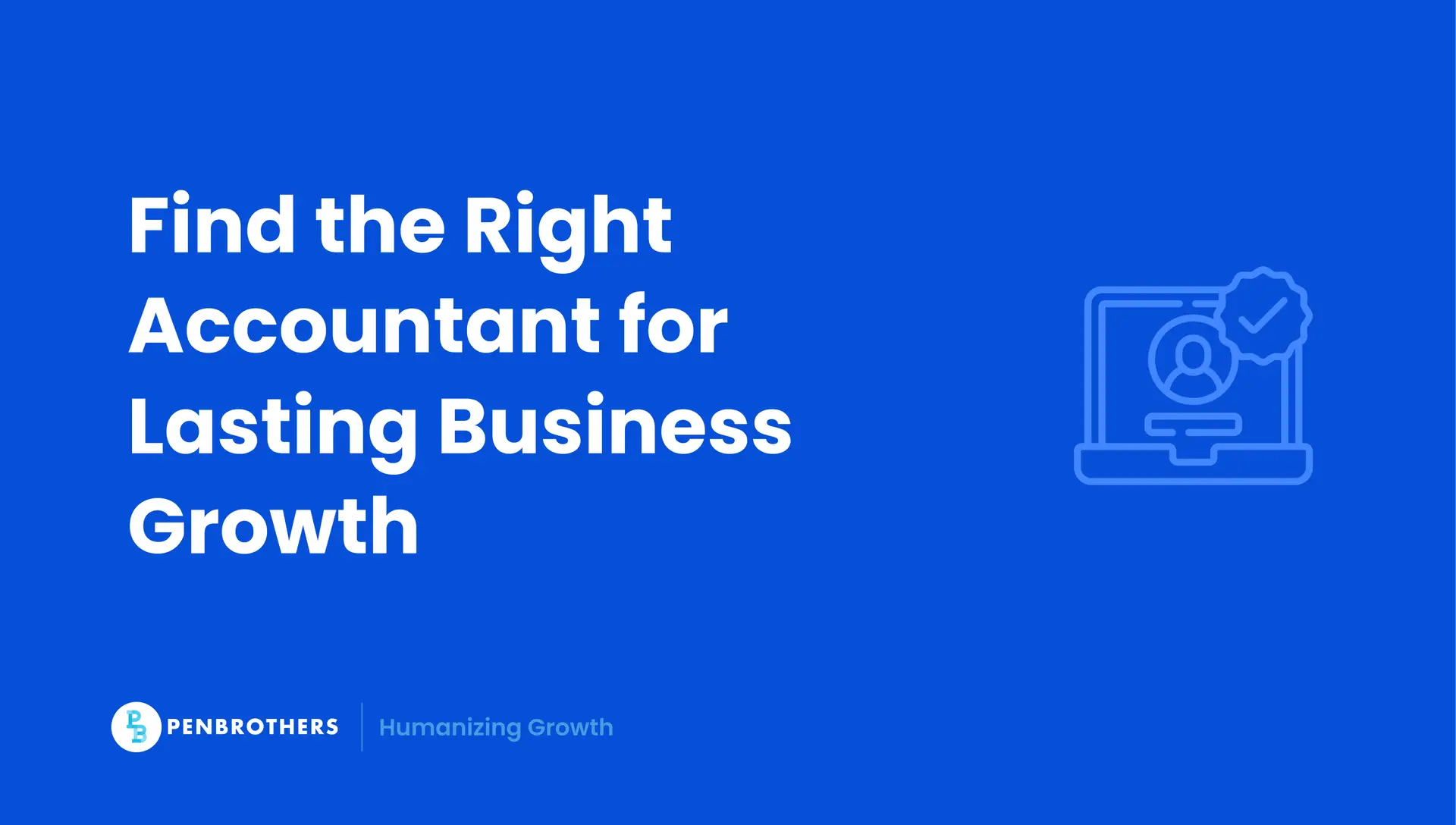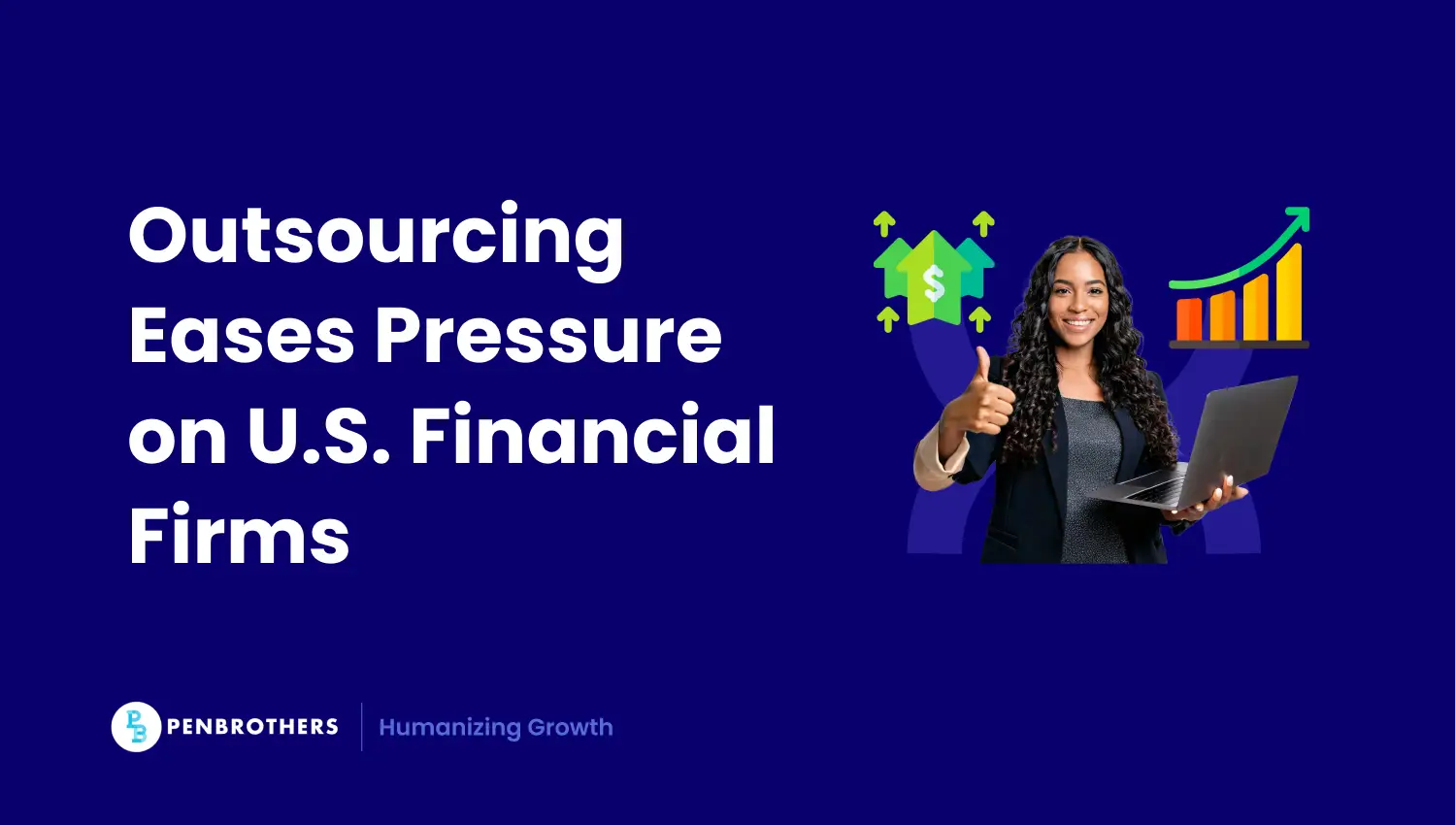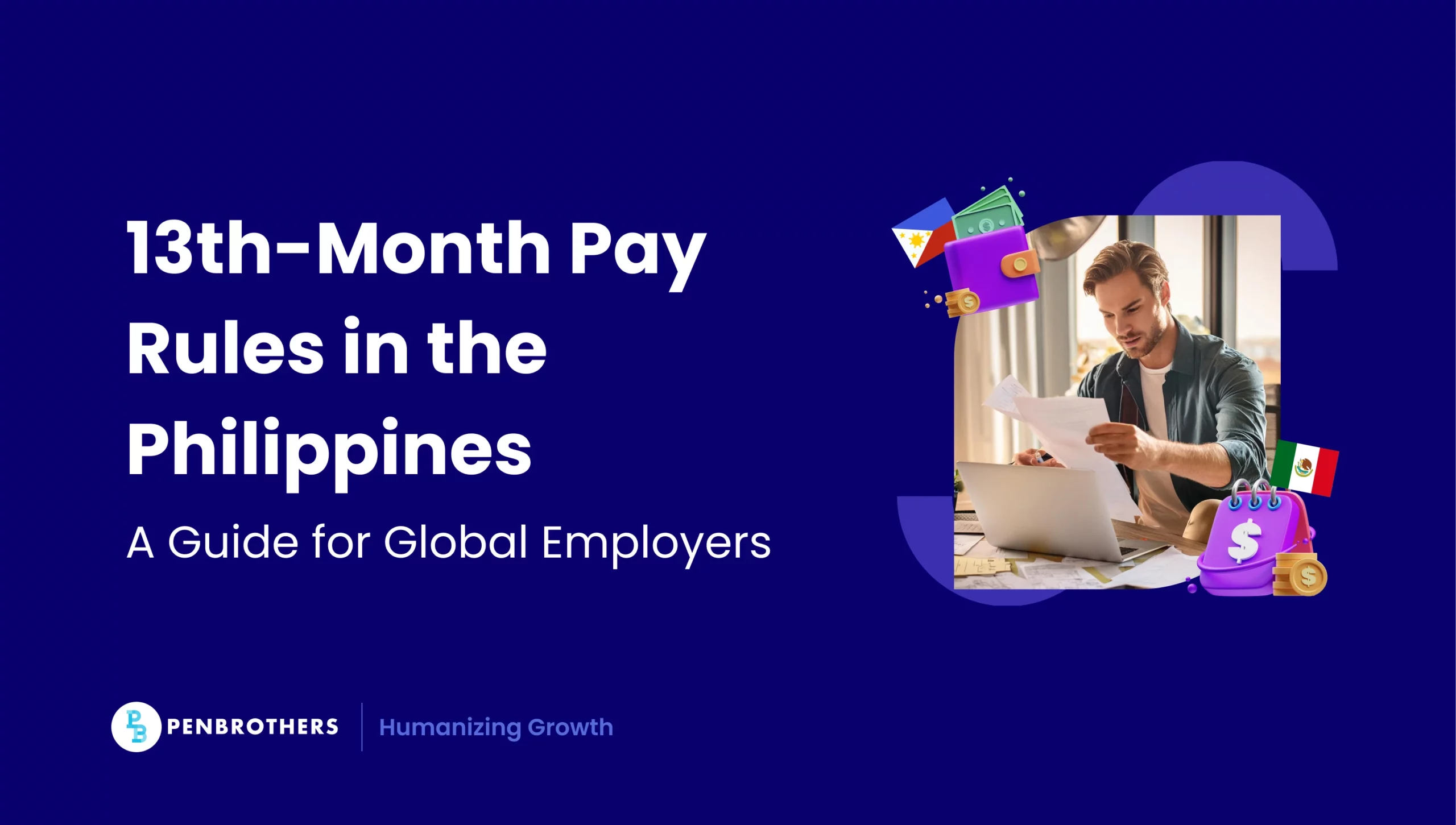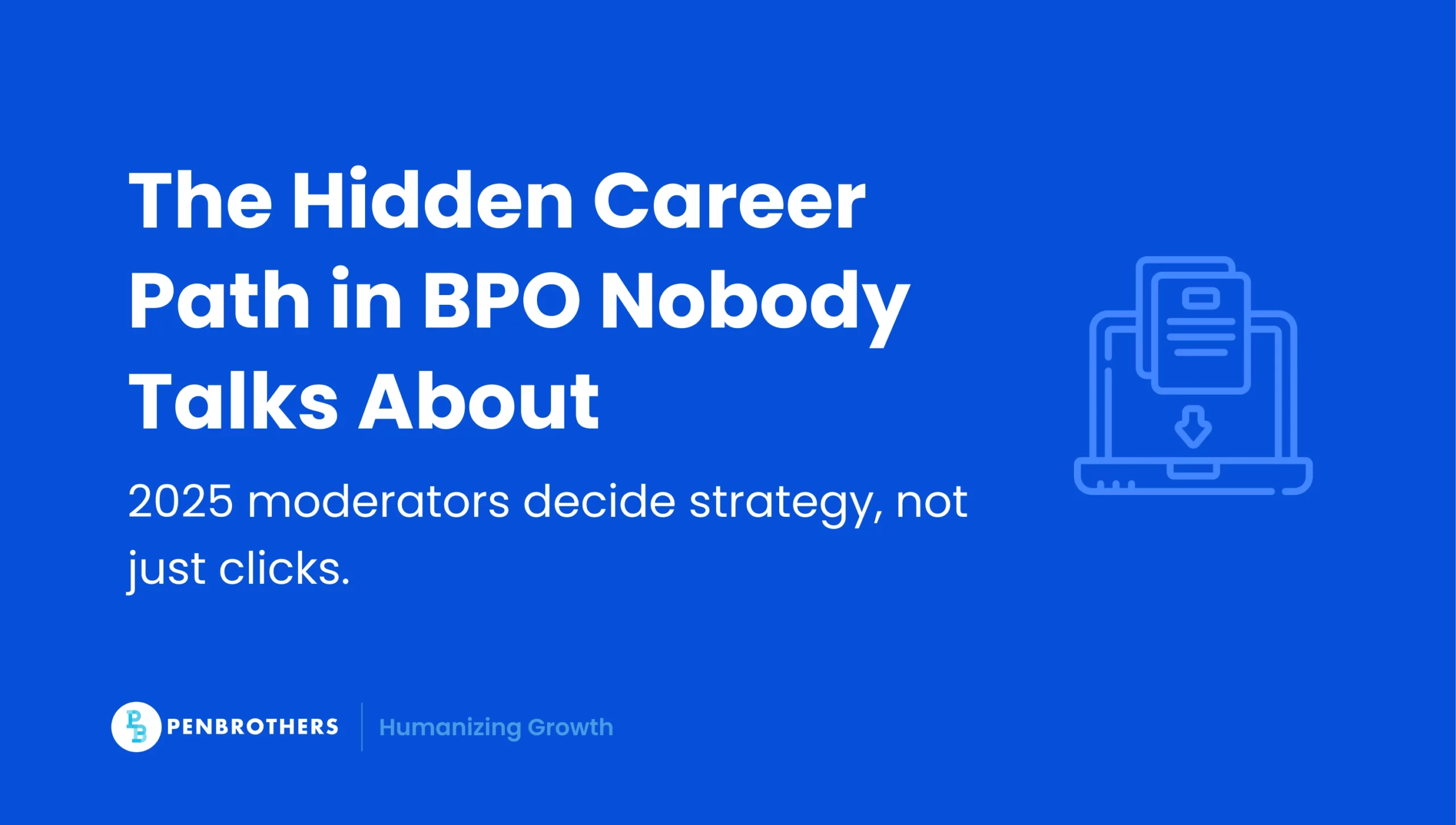What's Inside?
How to Hire an Accountant Who Protects and Grows Your Business

Picture two companies. One thrives with healthy cash flow, zero compliance headaches, and confident expansion into new markets. The other constantly misses tax deadlines, bleeds money from inefficiencies, and risks penalties that could derail growth. The difference? A strong accountant.
Hiring an accountant isn’t just about filing taxes. It’s about securing financial stability and uncovering growth opportunities. For founders and executives, the right accountant can become one of the most strategic hires you’ll ever make.
What an Accountant Actually Does (Beyond Taxes)
Many businesses confuse accountants with bookkeepers or CPAs. While these roles overlap, their focus is different:
- Bookkeepers handle daily entries, invoices, and payroll.
- Accountants prepare financial statements, ensure compliance, and provide financial analysis.
- CPAs (Certified Public Accountants) specialize in advanced tax planning, audits, and regulatory representation.
A skilled accountant doesn’t just crunch numbers. They:
- Spot inefficiencies and cost leaks
- Guide investment and expansion decisions
- Optimize tax liabilities legally
- Build scalable financial processes
- Provide risk management strategies
In other words, accountants don’t just protect, they unlock growth. According to the World Bank Doing Business Report 2024, compliance challenges are among the top obstacles to business growth globally.
When Is It Time to Hire an Accountant?
If you’re asking yourself whether you need one, you probably do. Common signs include:
- Frequent tax errors or missed filing deadlines
- Business growth that creates complex financial obligations
- Rising cash flow challenges despite increasing revenue
- Limited time to manage books effectively
The ROI is clear. QuickBooks found that small businesses working with accountants saved an average of $39,000 annually through better tax strategy and compliance management. In most cases, accountants save more than they cost.
Types of Accountants: Which One Fits Your Business?
Not every company needs a CPA right away. Here’s a quick framework:
- Bookkeeper – Handles the basics: recording daily transactions, processing invoices, and running payroll. Bookkeepers are ideal for startups or early-stage businesses that need clean records but not deep financial analysis yet.
- Accountant – Goes beyond bookkeeping by preparing financial statements, ensuring compliance, analyzing performance, and advising on strategy. Accountants help growing companies make sense of their numbers and translate them into business decisions.
- CPA (Certified Public Accountant) – Brings advanced expertise in areas like tax planning, audits, international compliance, and representing companies before tax authorities. CPAs are critical when your business faces complex structures, regulatory filings, or expansion into new jurisdictions.
In fact, the AICPA 2024 Trends Report highlights how CPAs now spend more time advising on growth strategy than on compliance tasks.
A practical framework:
- Start lean: Begin with a bookkeeper to keep the financial foundation strong.
- Scale smart: Add an accountant as soon as reporting, compliance, and forecasting become too complex.
- Protect and expand: Engage a CPA when entering regulated industries, preparing for audits, or managing multi-entity operations.
Your decision depends on scale, complexity, and long-term goals. For example, a startup may begin with a bookkeeper but eventually upgrade to an outsourced accountant with CPA support.
For deeper insights, compare your options with our guide on how to hire a bookkeeper.
Must-Have Skills and Qualities in an Accountant
When screening candidates, prioritize:
1. Technical Mastery
- Solid knowledge of tax laws, compliance requirements, and accounting standards (GAAP or IFRS depending on your market).
- Proficiency in modern accounting software like QuickBooks, Xero, FreshBooks, or ERP systems such as SAP and Oracle NetSuite.
- Ability to integrate accounting platforms with other business tools (e.g., CRMs, payroll systems, or invoicing apps) to streamline reporting.
2. Industry-Specific Expertise
- Sector experience matters more than general exposure. A retail accountant who understands inventory turnover or a SaaS accountant who knows revenue recognition rules is far more valuable than someone with generic accounting experience.
- Familiarity with the financial challenges specific to your business model, whether it’s compliance-heavy industries like healthcare or fast-scaling startups with recurring revenue.
3. Strategic and Analytical Mindset
- Accountants shouldn’t just record numbers; they should interpret them. The right hire can spot inefficiencies, highlight growth opportunities, and advise on when to cut costs or reinvest profits.
- Strong forecasting skills to anticipate risks and cash flow gaps before they become business crises.
4. Communication and Soft Skills
- The ability to explain complex financial data in simple terms so non-financial stakeholders, like founders, investors, or department heads, can make informed decisions.
- Clear communication builds trust and ensures financial discussions drive strategy rather than confusion.
- Accountability and responsiveness, because a delayed financial report can delay critical business decisions.
5. Integrity and Trustworthiness
- Accountants work with sensitive data and often have access to financial systems. A high standard of ethics and confidentiality is non-negotiable.
- Transparency in pricing and reporting, beware of candidates who overpromise or hide fees.
Great accountants don’t just produce reports, they explain what those numbers mean for your business strategy.
Step-by-Step: How to Hire the Right Accountant
Follow this structured hiring process to avoid missteps:
1. Define Your Needs
- Clarify whether you need basic compliance support (filing taxes, preparing statements) or a growth-focused partner who can advise on cost savings, scaling, and investment strategies.
- Match the role to your current stage: a small business may only need part-time support, while a scaling company may require a dedicated CPA or outsourced team.
2. Write a Clear Job Description
- Outline responsibilities, from compliance and reporting to forecasting and strategy.
- Include key performance indicators (KPIs) such as accuracy of reports, timeliness of filings, cash flow stability, or percentage of tax savings.
- List required certifications (CPA, CMA, ACCA) and preferred industry experience.
3. Source Candidates
- Tap into referrals from peers or trusted advisors.
- Search professional networks like LinkedIn and accounting associations.
- Explore specialized staffing partners or firms who can connect you with pre-vetted candidates.
4. Interview Smartly
Instead of just checking technical knowledge, focus on practical problem-solving and strategic value. Sample questions:
- “Can you give an example of how you helped a client save money through tax strategy?”
- “Which accounting software do you prefer and why?”
- “How do you ensure compliance during an audit or regulatory review?”
- “What metrics do you track regularly to assess business health?”
5. Check Credentials and References
- Verify CPA licenses, memberships, or certifications with the relevant authority.
- Request references from past clients or employers, ideally in the same industry as yours.
- Confirm track record with handling businesses of your size and complexity.
6. Evaluate Fit
- Beyond skills, assess cultural alignment. Do they understand your company’s pace, values, and communication style?
- Look for a growth mindset, an accountant who doesn’t just “close the books” but actively advises on strategy.
7. Consider Outsourcing
For many businesses, outsourcing accounting services offers the best balance of cost and expertise. Outsourced accountants give you access to seasoned professionals without the overhead of full-time hires, often saving 50–70% compared to local markets. Learn more about how outsourcing accounting services can reduce cost and hiring risk.
Cost Breakdown: How Much Does It Cost to Hire an Accountant?
The cost varies based on experience, scope, and geography:
- Freelance/Hourly Rates: $35–$125+ per hour
Ideal for startups needing occasional support with bookkeeping or tax preparation. Costs rise quickly if your needs are ongoing. - CPA Services: $150–$250+ per hour, or $1,000–$1,500 per tax season
CPAs bring advanced expertise for audits, compliance-heavy filings, and tax strategy. Higher rates reflect their credentials and ability to represent businesses before tax authorities. - Monthly Retainers: $100–$500+ per month
Best for small to mid-sized businesses that want steady financial oversight without hiring a full-time employee. Retainers typically cover reporting, compliance, and advisory services. - Offshore/Outsourced Accountants: 50–70% cost savings compared to local hires.
Outsourcing to talent hubs like the Philippines gives you access to highly skilled accountants at a fraction of the cost, without compromising quality. This option is particularly attractive for companies scaling internationally.
Hidden Costs to Watch For:
- Software licenses – QuickBooks, Xero, ERP systems, or integration tools.
- Training and onboarding time – Ensuring accountants understand your processes and reporting needs.
- Compliance penalties avoided – A good accountant pays for themselves by preventing costly errors, fines, or missed tax deadlines.
Ultimately, the right accountant is an investment, not an expense. They not only save you money but also protect your business from financial risks.
To see how much accountants really cost across different regions, check out the Penbrothers Salary Guide for accurate benchmarks and comparisons.
Red Flags to Avoid When Hiring an Accountant
Not every candidate is trustworthy. Watch for:
1. Promises of Guaranteed Tax Refunds
- Any accountant who claims they can guarantee a refund is a red flag. This is often a sign of unethical practices or risky shortcuts that could trigger an audit or penalties. Legitimate accountants focus on compliance and optimization, not false promises.
2. Vague or Unclear Pricing Structures
- Beware of candidates who avoid giving a clear breakdown of fees or who hide costs in fine print. Transparent pricing is a hallmark of trustworthy professionals. If they can’t explain their rates simply, expect surprises later.
3. Poor Communication or Delayed Responses
- Your accountant is a strategic partner, not just a back-office function. If they’re difficult to reach, overly technical without clarifying, or consistently late in responding, you’ll struggle to make timely business decisions.
4. Overreliance on Outdated Technology
- Modern accounting requires tools like cloud-based platforms, secure data-sharing, and real-time reporting. An accountant who still insists on paper trails or outdated software may slow down your business and increase risk.
5. Lack of Relevant Industry Experience or References
- A candidate with no track record in your sector may miss industry-specific tax rules, compliance requirements, or reporting standards. Always check references, and ask for examples of how they’ve supported similar businesses.
6. One-Size-Fits-All Approach (bonus red flag)
- Every business is unique. If an accountant pushes a generic solution without understanding your goals, cash flow patterns, or growth plans, they’re not invested in your success.
Hiring an accountant is about trust and alignment. Spotting these red flags early helps you avoid costly mis-hires and ensures you find a professional who can protect, and grow your business.
Onboarding and Setting Up for Success
Hiring is just step one. Success comes from integration:
1. Establish a Reporting Cadence
- Define how often you expect updates: monthly financial statements, quarterly tax planning sessions, or ad-hoc reviews during major business decisions.
- Consistency builds accountability and ensures financial health is always top of mind.
2. Provide Secure Access to Systems
- Grant accountants access to accounting platforms, payroll systems, and bank feeds in a controlled and secure way.
- Use role-based permissions, two-factor authentication, and encrypted file sharing to protect sensitive financial data.
3. Align on Clear KPIs
- Go beyond “closing the books.” Agree on measurable outcomes such as:
- Timely compliance and zero missed filings
- Cash flow stability and improved forecasting accuracy
- Identified cost savings or revenue-boosting strategies
- This ensures your accountant is evaluated not just on accuracy, but on business impact.
4. Schedule Periodic Performance Reviews
- Treat your accountant like a growth partner. Hold quarterly reviews to check if they’re meeting expectations and adapting to evolving needs.
- Use these sessions to align financial insights with strategic goals, whether that’s fundraising, market expansion, or cost restructuring.
5. Encourage Ongoing Communication
- Financial data loses value if it’s not shared and discussed. Encourage your accountant to proactively flag risks and opportunities, not just report after the fact.
- Make them part of leadership discussions when financial decisions are on the table.
Learn how accounting and finance outsourcing simplifies setup and reporting for scaling teams.
Final Thoughts
The right accountant doesn’t just protect your business from penalties, they help fuel your growth. Treat them as a strategic partner, not just a cost center.
For global founders, offshoring makes this even more powerful. With remote CPAs and accountants, you can secure expertise at a fraction of local costs without compromising quality.
Ready to hire an accountant who protects and grows your business? Penbrothers helps companies tap into top Filipino accountants who deliver financial clarity, compliance, and growth support.
*This article was crafted with the support of AI technology and refined by a human editor.





